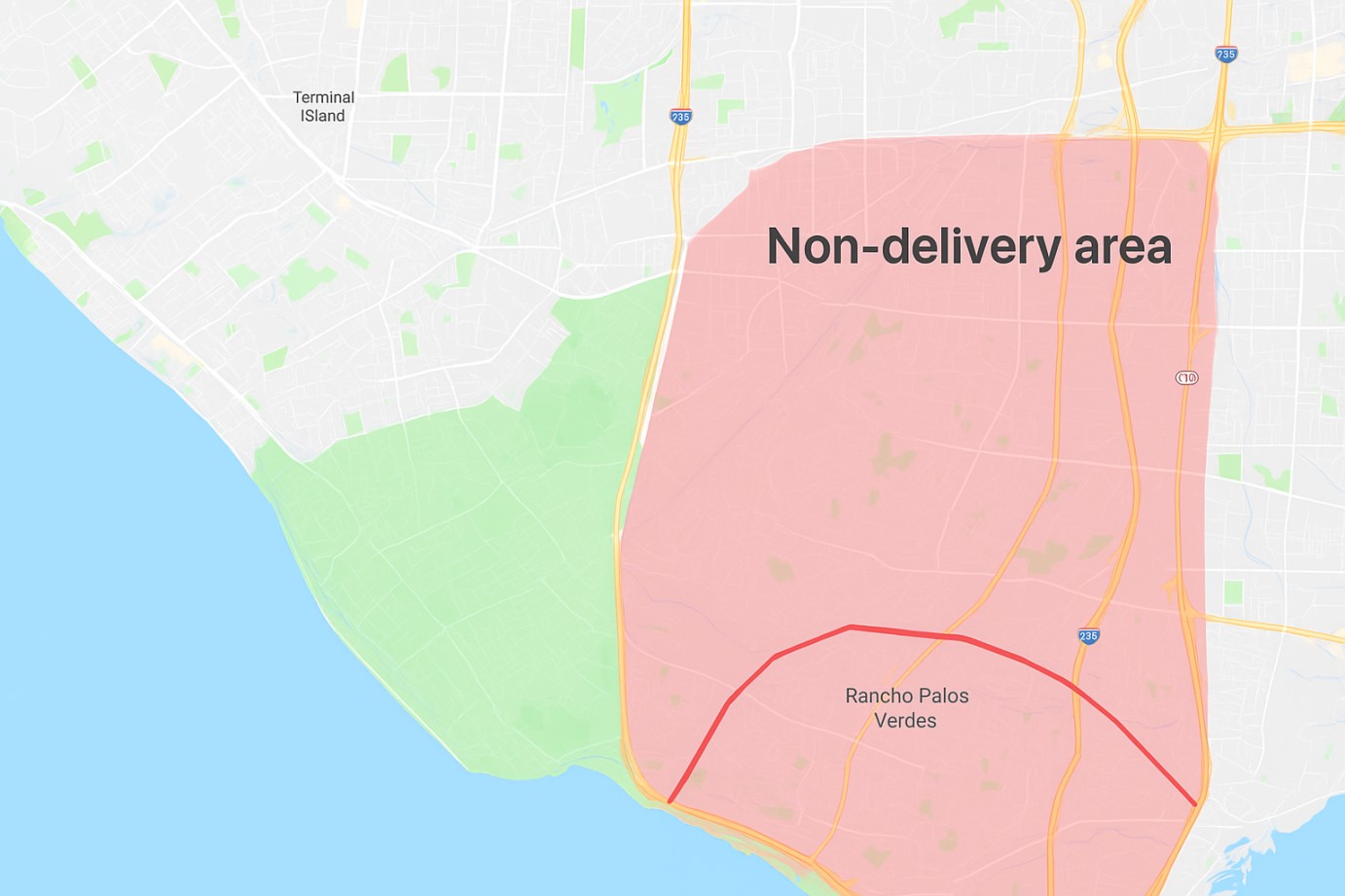This website uses cookies so that we can provide you with the best user experience possible. Cookie information is stored in your browser and performs functions such as recognising you when you return to our website and helping our team to understand which sections of the website you find most interesting and useful.
Working with WordPress hooks can sometimes feel like magic, right? Today, let’s dive into the posts_join_request filter. A handy tool for caching plugins, this hook can be registered using add_filter. You can place your code in the functions.php of your active theme or better yet, in a custom WordPress Plugin. This way, when you update your theme, nothing breaks. At WePlugins, we always prefer creating custom plugins for such purposes.
Below, I’ve shared a few live examples to help you get started with this hook.
Example 1: Basic Implementation
Here, we define a function modify_posts_join_request_defaults that takes two parameters. We then register it using add_filter. The parameters include the hook name posts_join_request, the function name modify_posts_join_request_defaults, the priority, and the number of arguments.
function weplugins_modify_posts_join_request_defaults($join, $query) {
// Update the $join variable according to your website requirements and return this variable.
return $join;
}
// add the filter
add_filter( "posts_join_request", "weplugins_modify_posts_join_request_defaults", 10, 2 );
Example 2: Removing a Hook Callback
Sometimes, you may need to remove a registered hook. Here’s how you can use remove_filter to remove the posts_join_request filter. Ensure you provide the same callback function name, priority, and number of arguments while removing the hook.
remove_filter( "posts_join_request", "weplugins_modify_posts_join_request_defaults", 10, 2 );
Example 3: Advanced Customization
In some scenarios, you may want to modify the $join conditionally. Below is an example demonstrating how you can achieve that based on certain conditions.
function weplugins_custom_posts_join_request($join, $query) {
if ( $query->is_main_query() && $query->is_home() ) {
// Modify $join for the main query on the homepage
}
return $join;
}
add_filter( "posts_join_request", "weplugins_custom_posts_join_request", 10, 2 );
Parameters
- $join : (string) The JOIN clause of the query.
- $query : (WP_Query) The WP_Query instance (passed by reference).
Below are the 2 parameters required to use this hook.
If you’re having any trouble using this hook or need some customization, feel free to Contact Us. Our team at WePlugins is always ready to assist you!
Explore the latest in WordPress
Trying to stay on top of it all? Get the best tools, resources and inspiration sent to your inbox every Wednesday.




